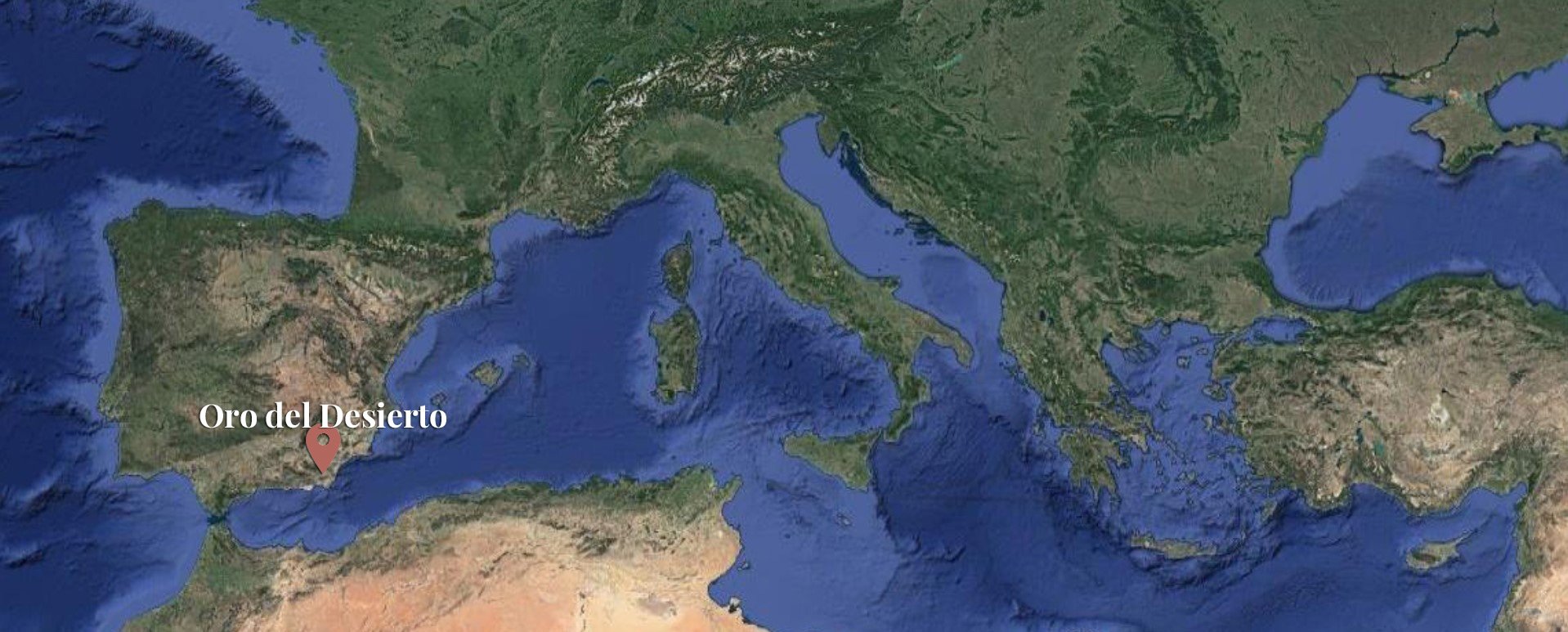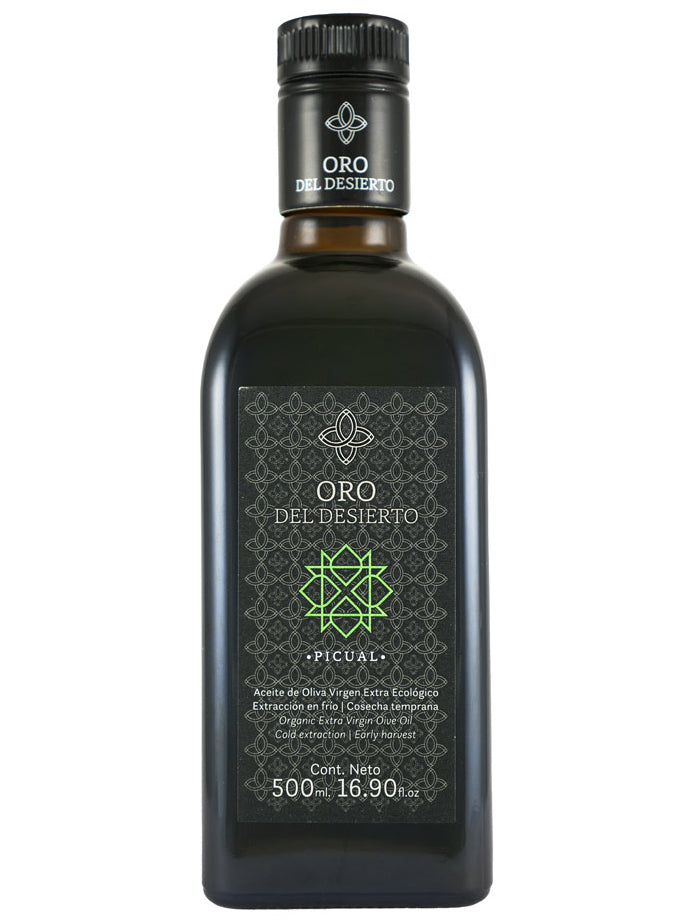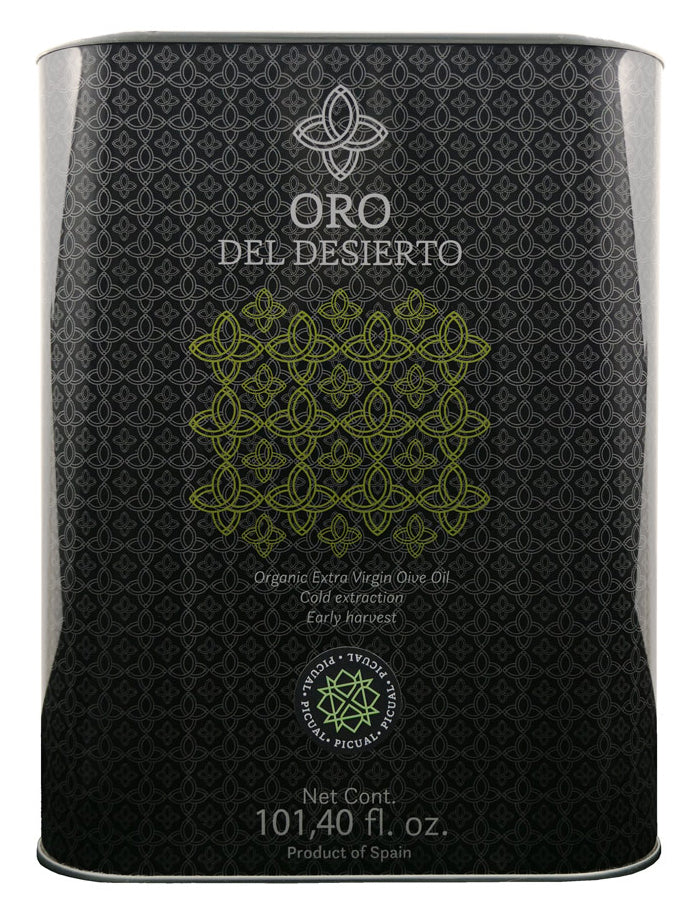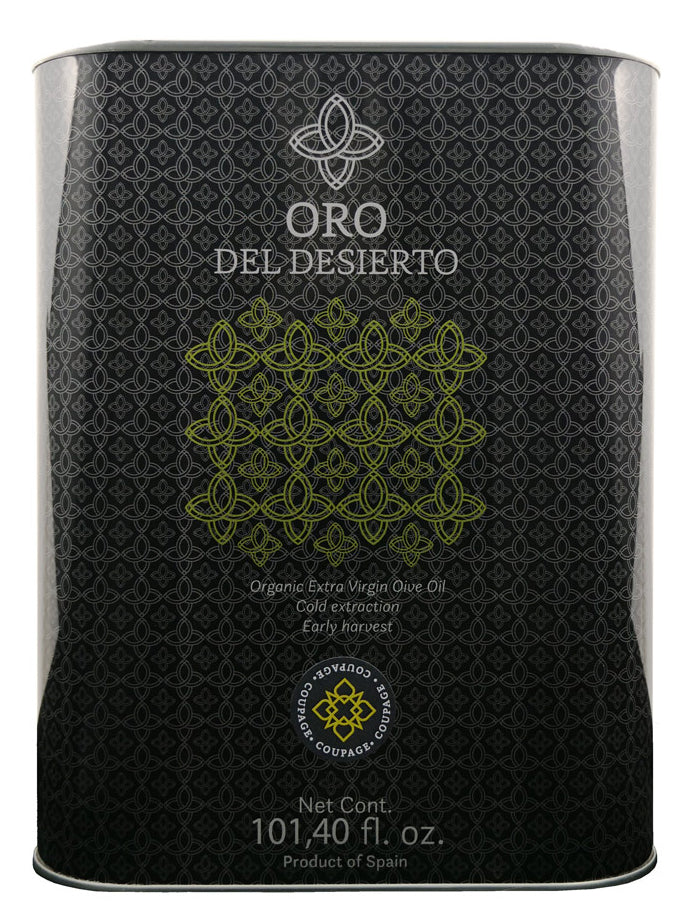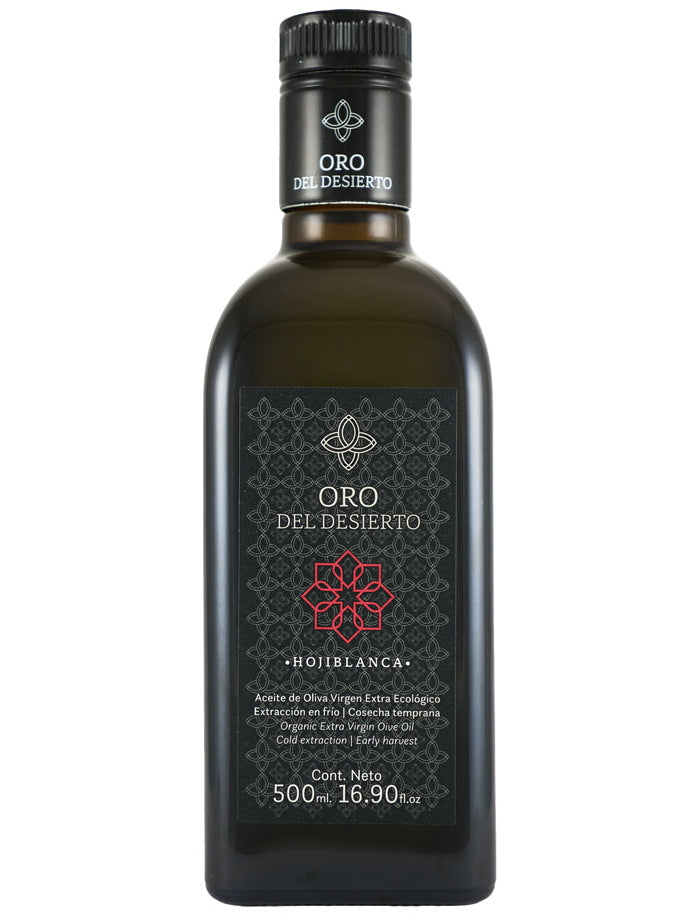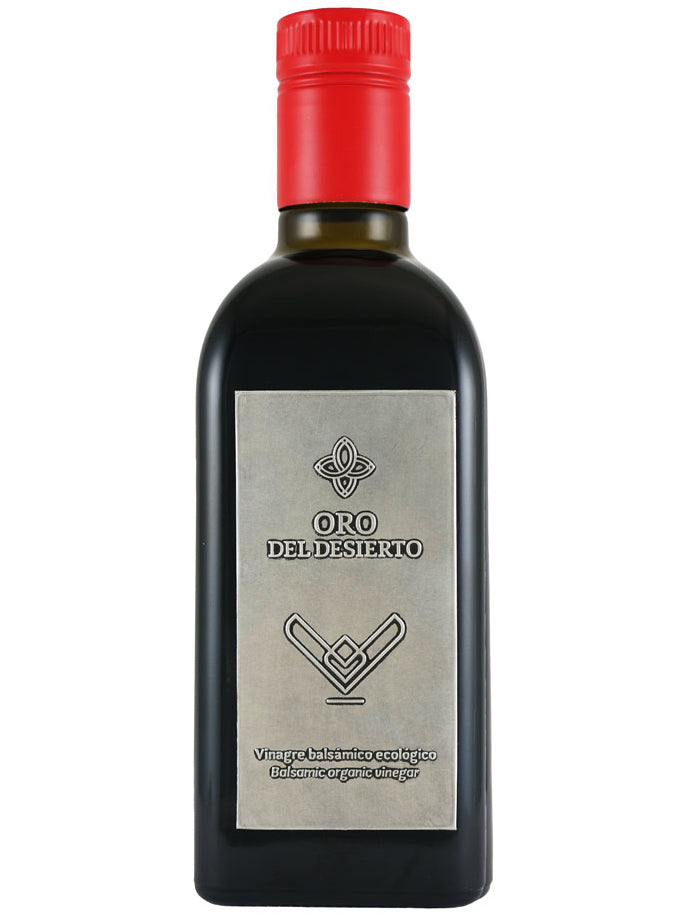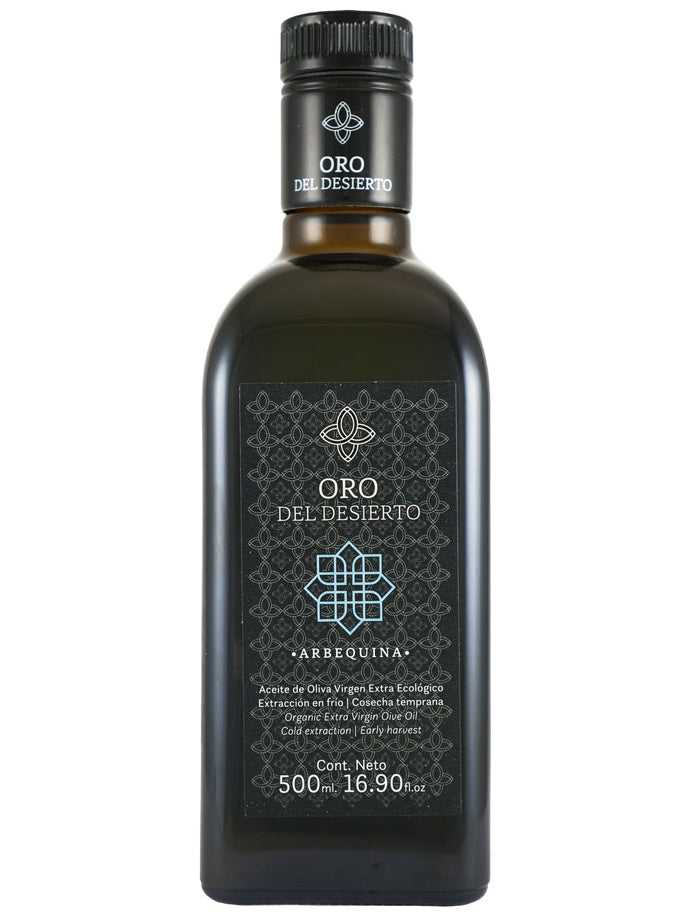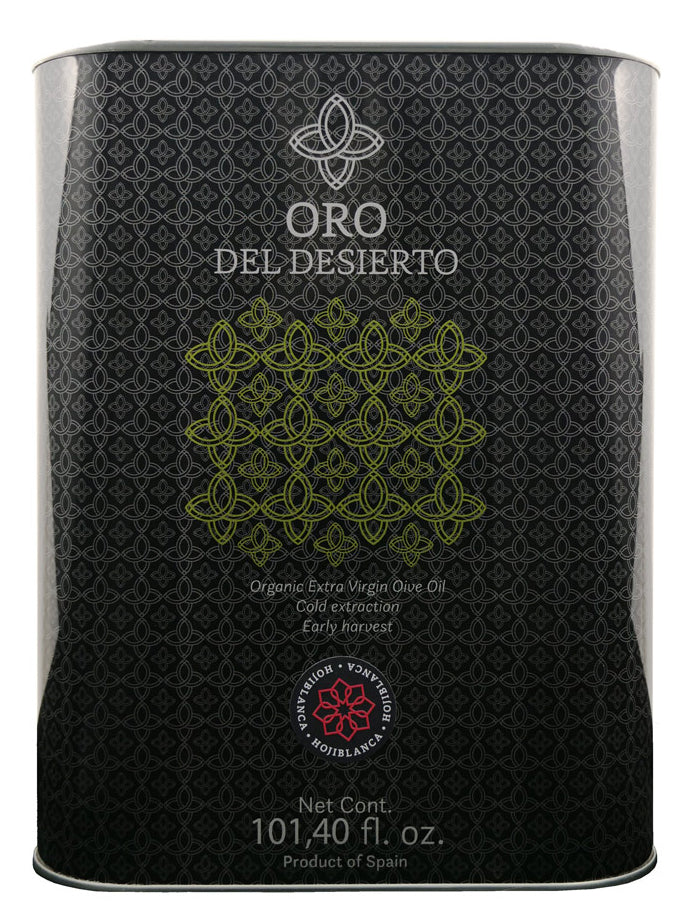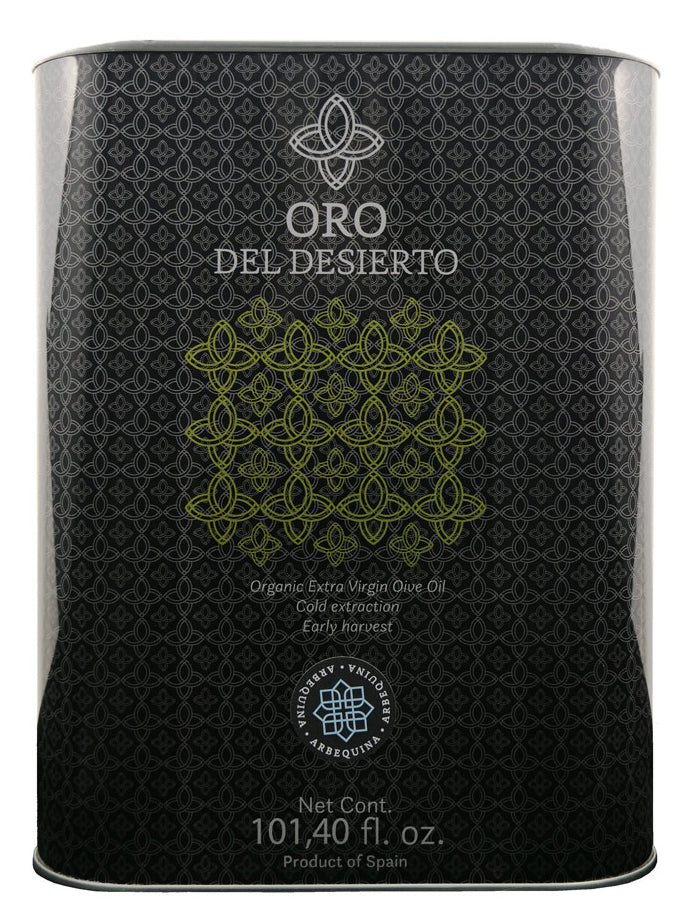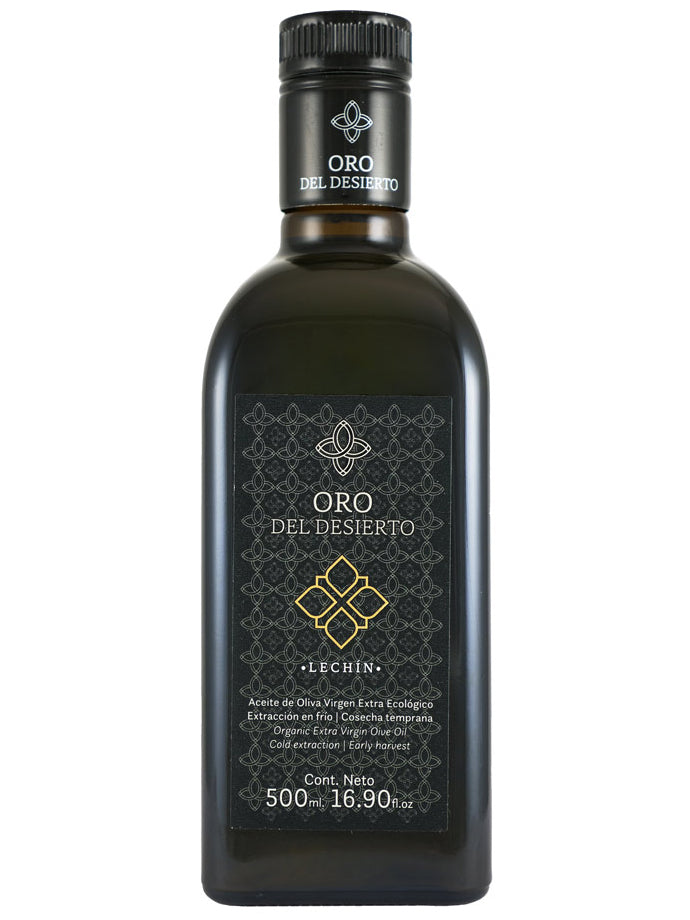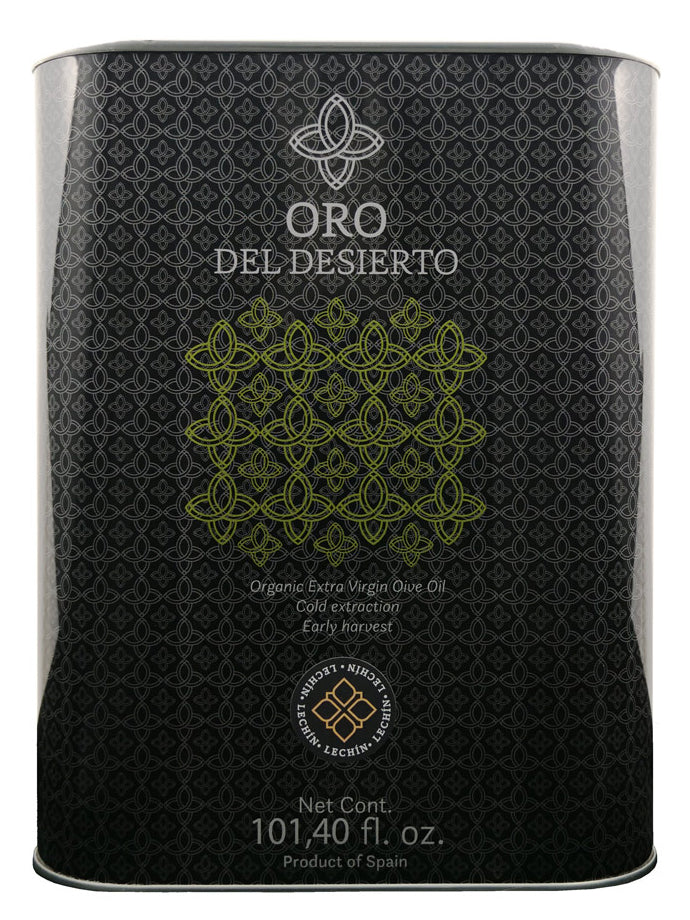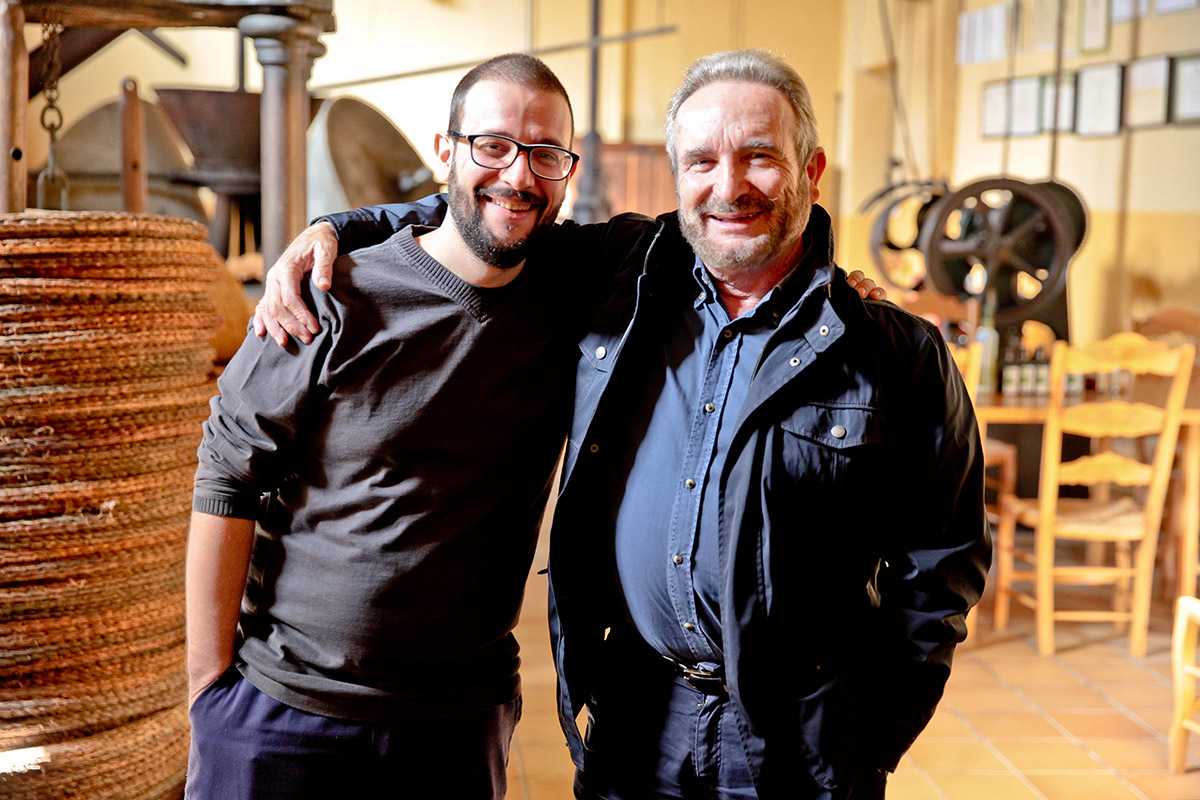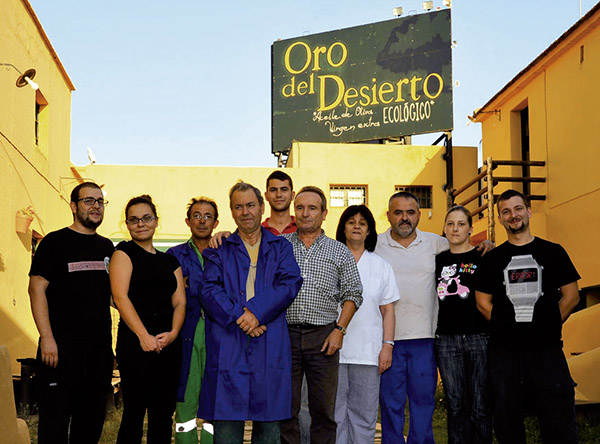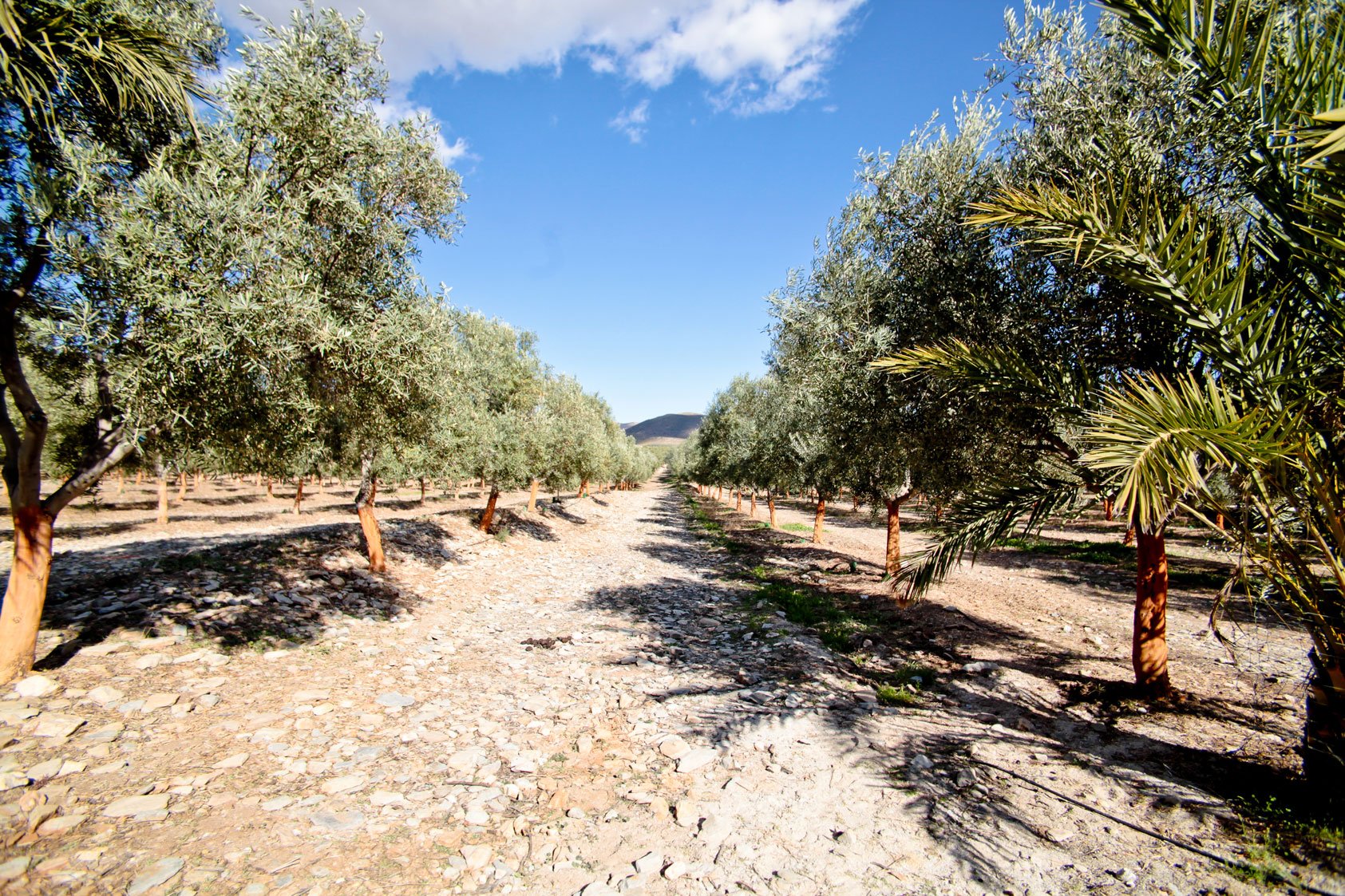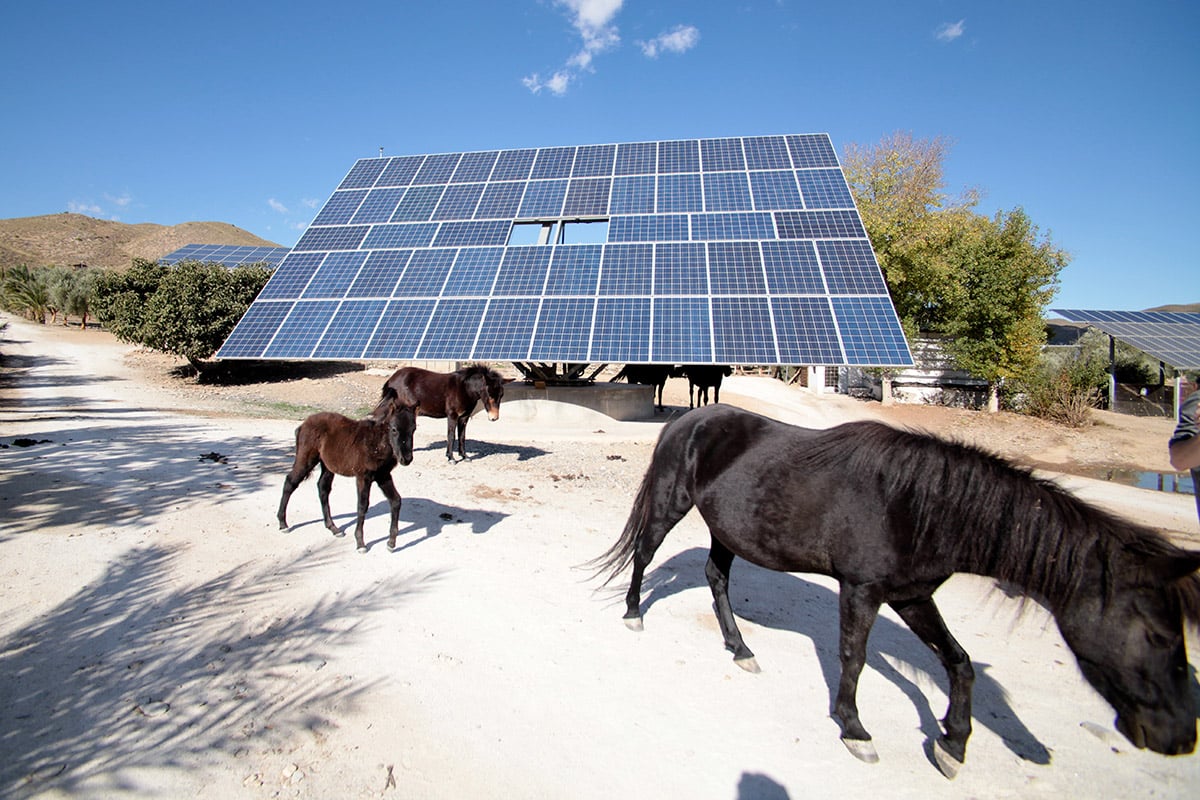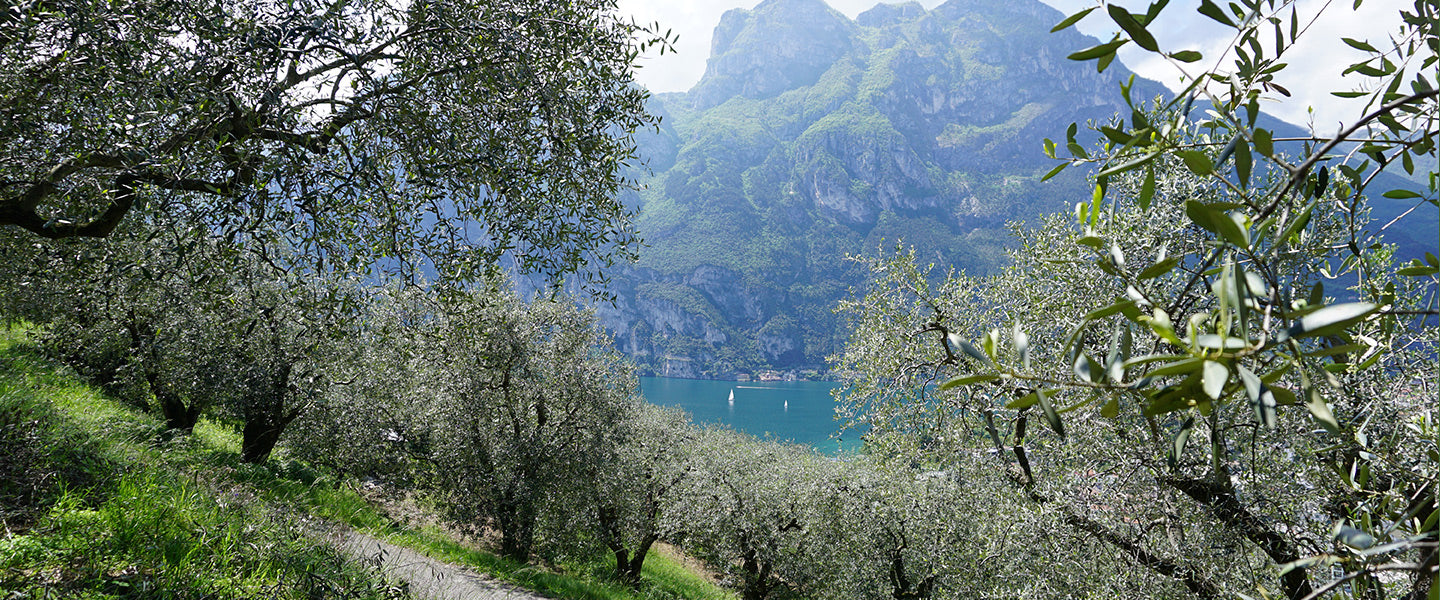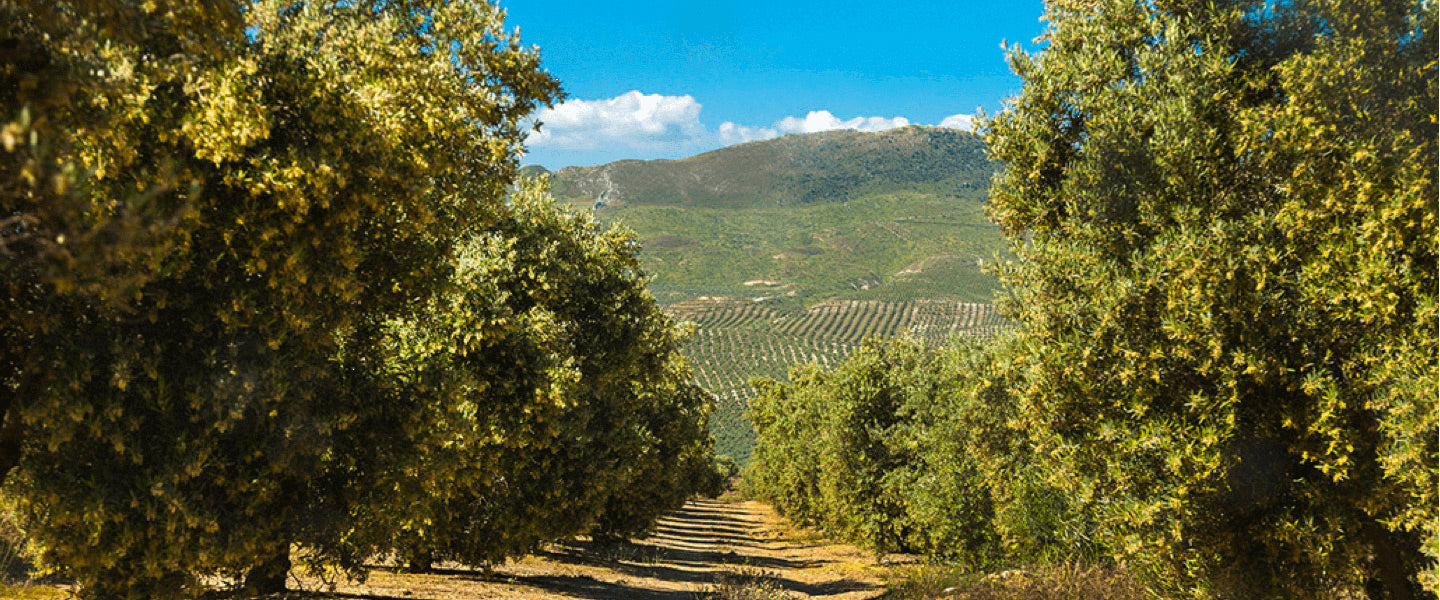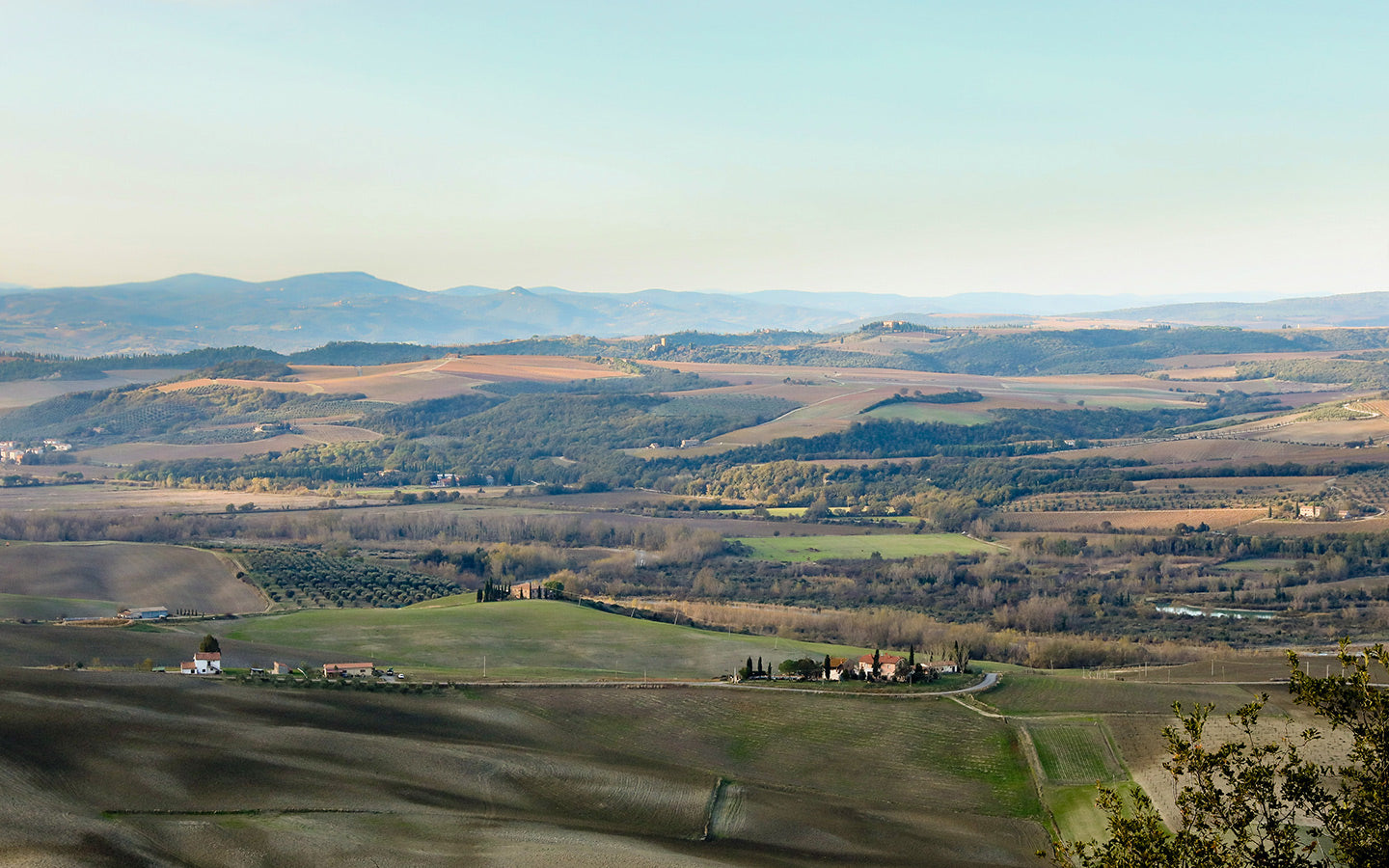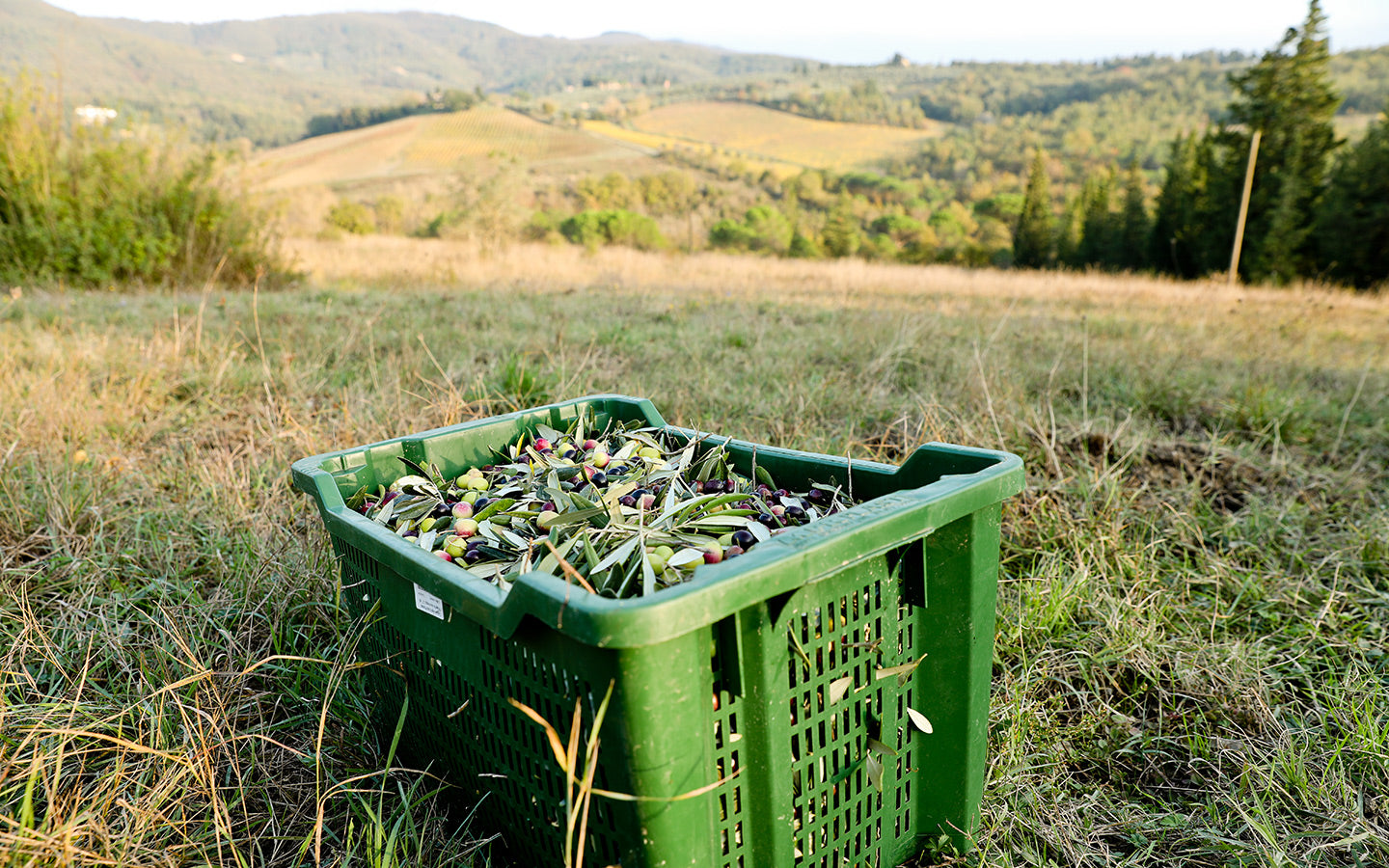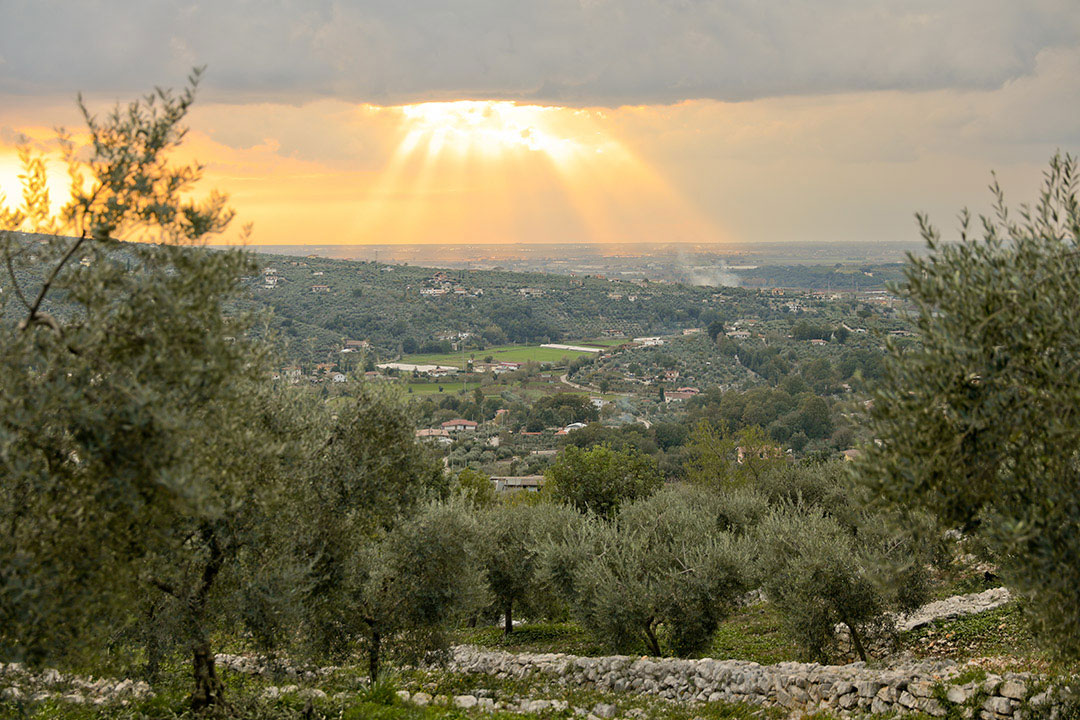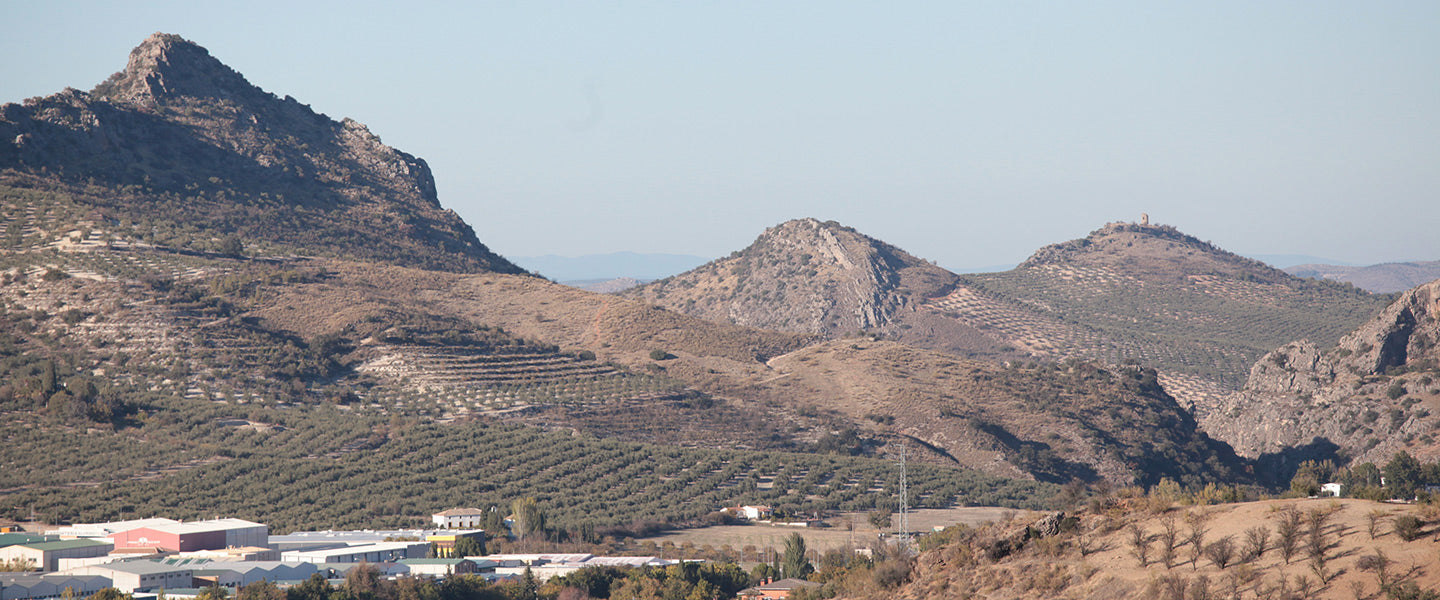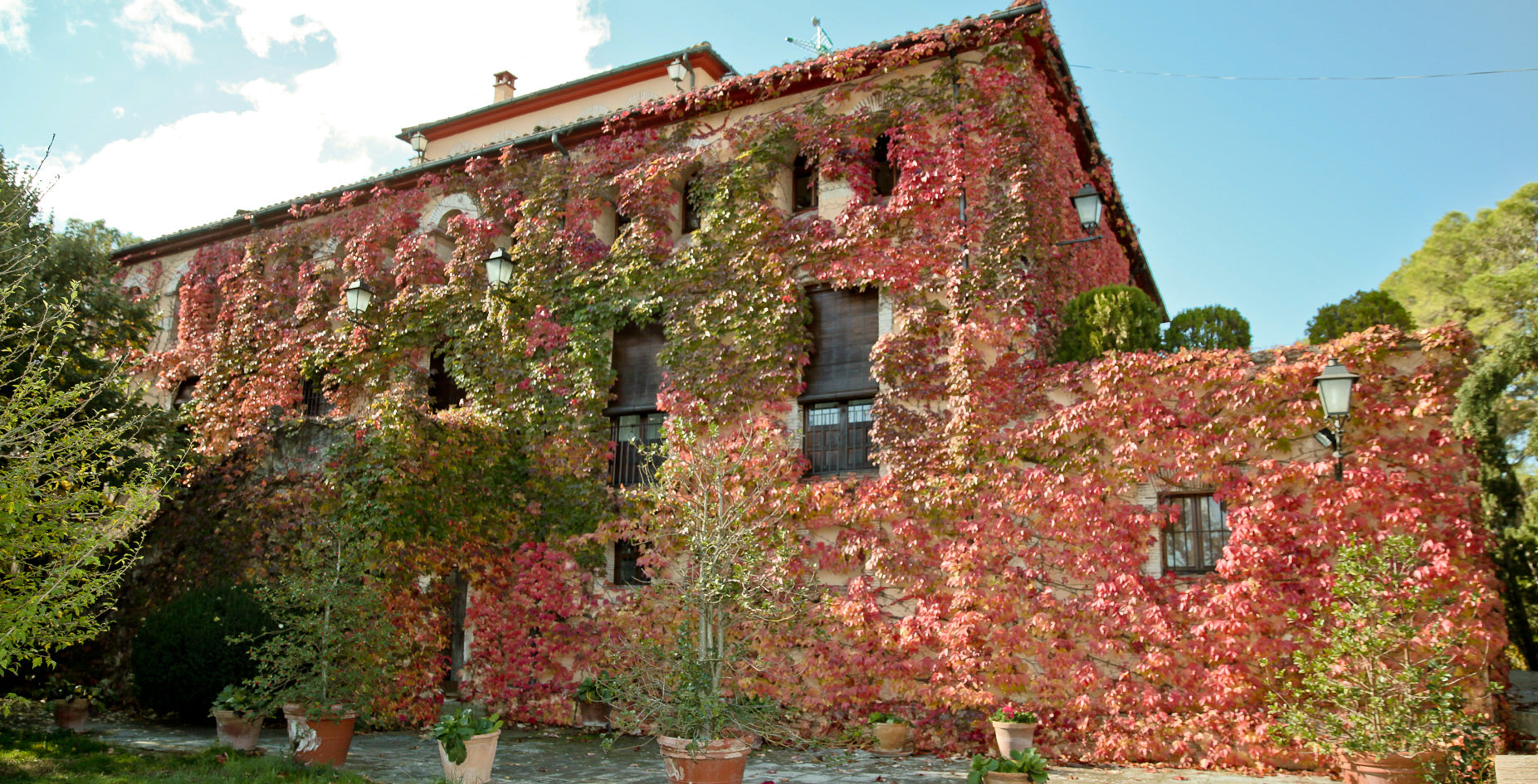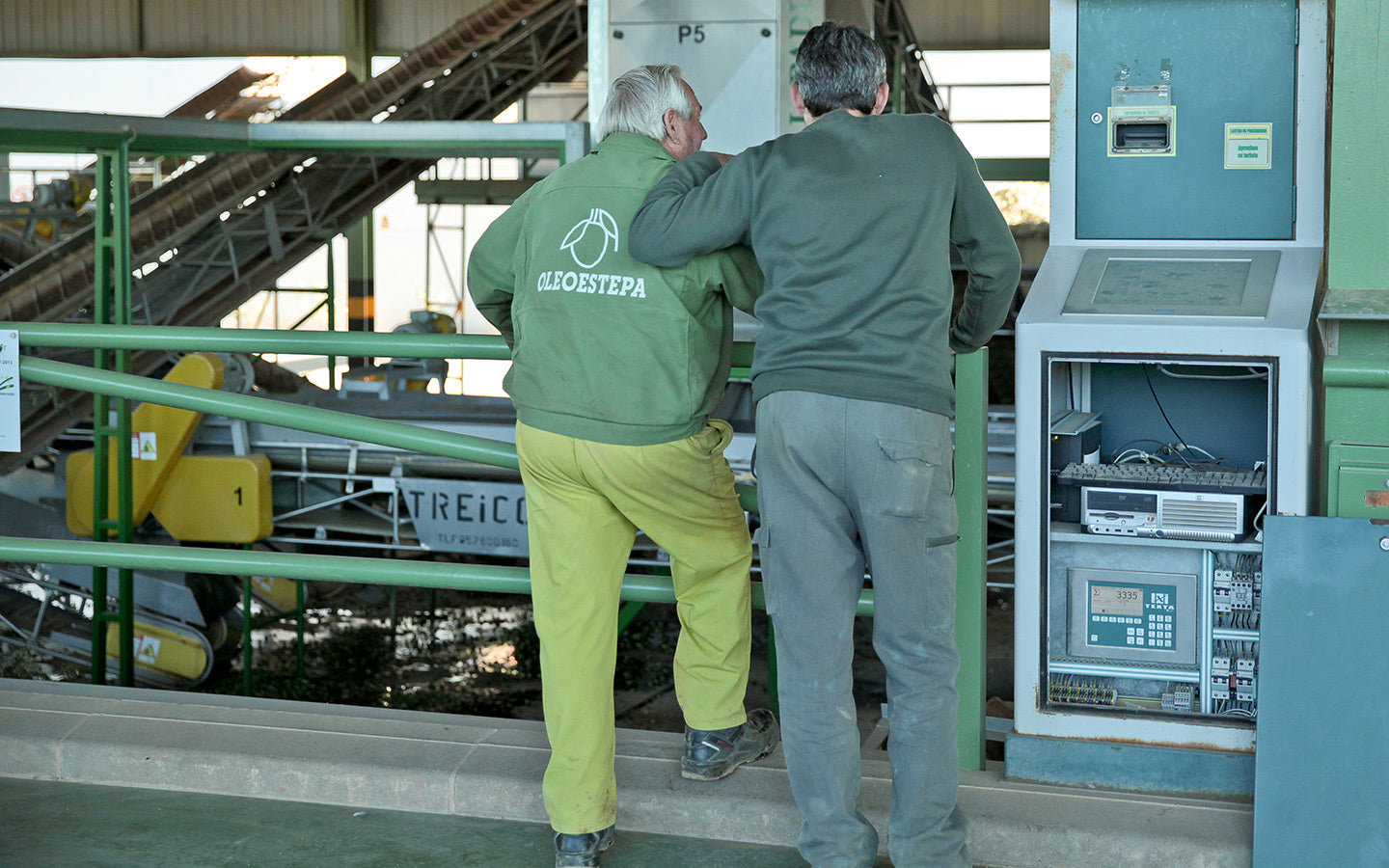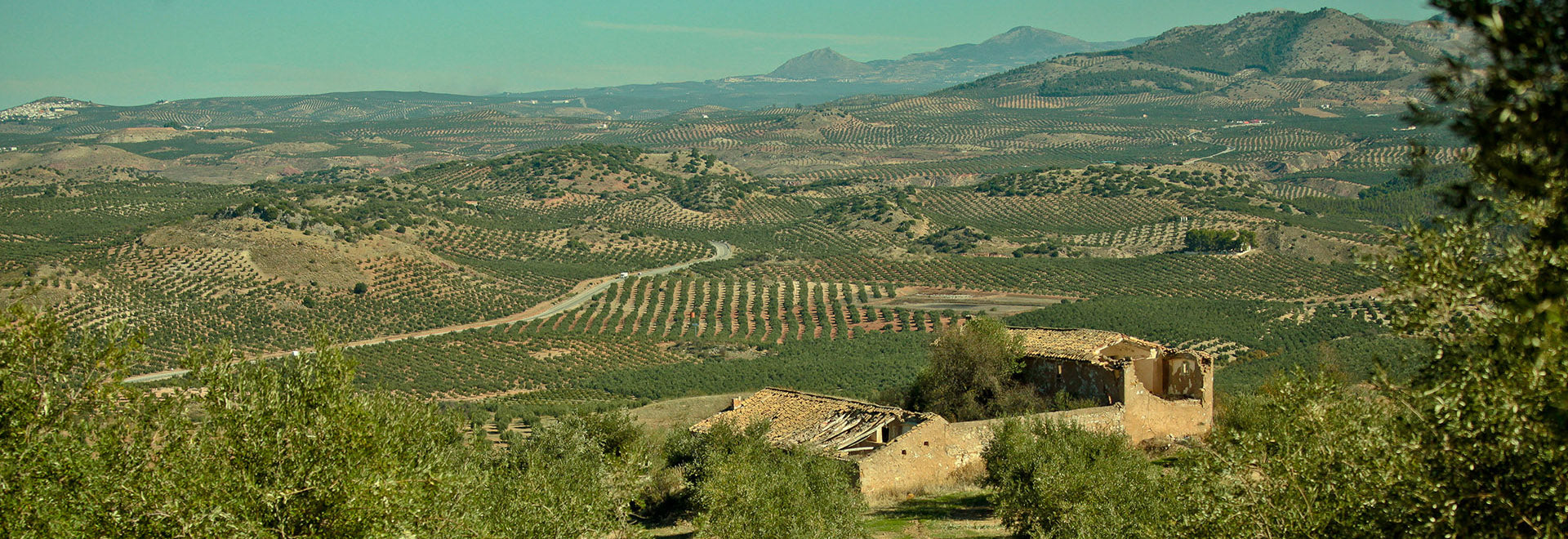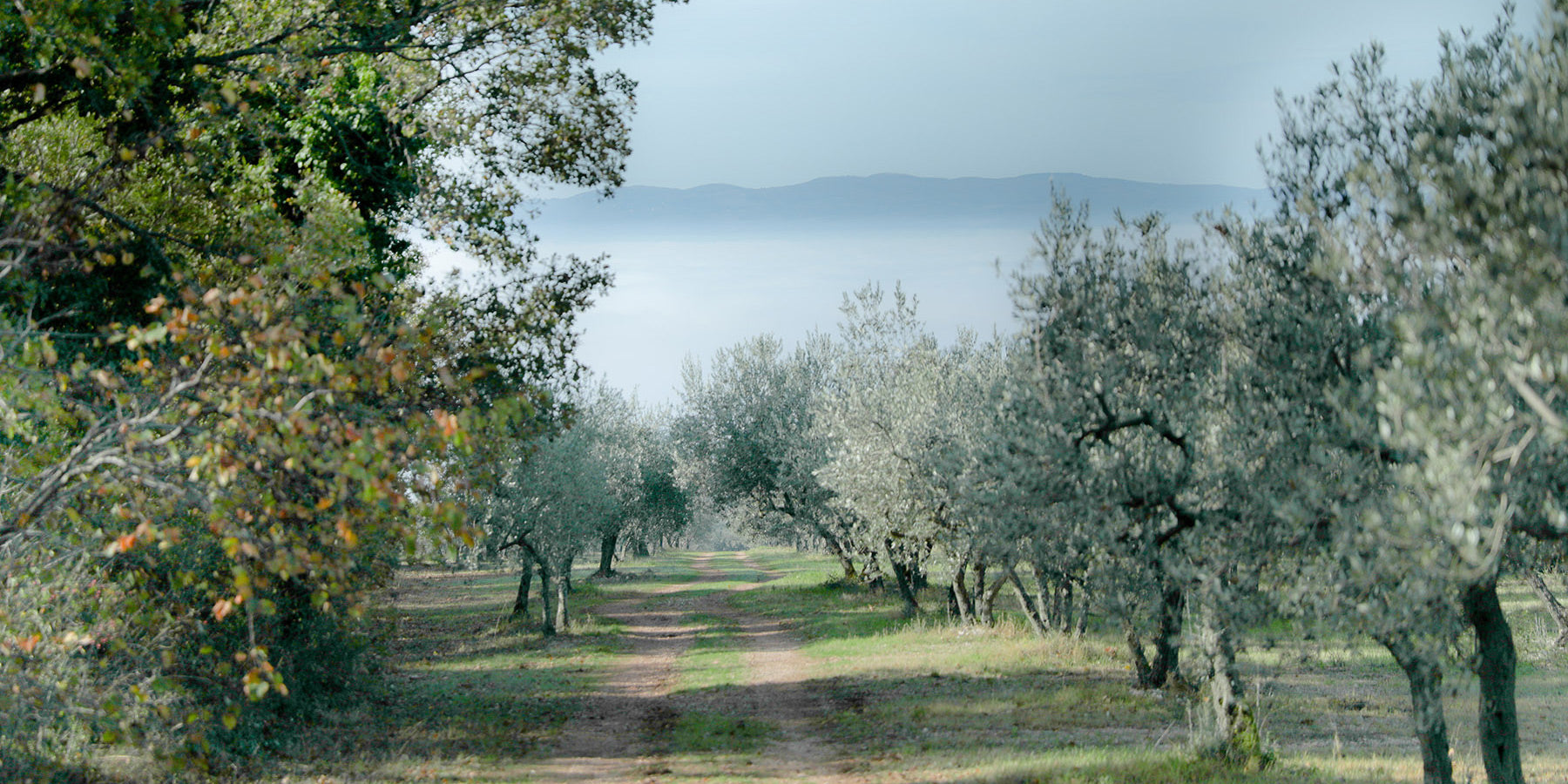Oro del Desierto
Posted by Olive Oil Lovers on
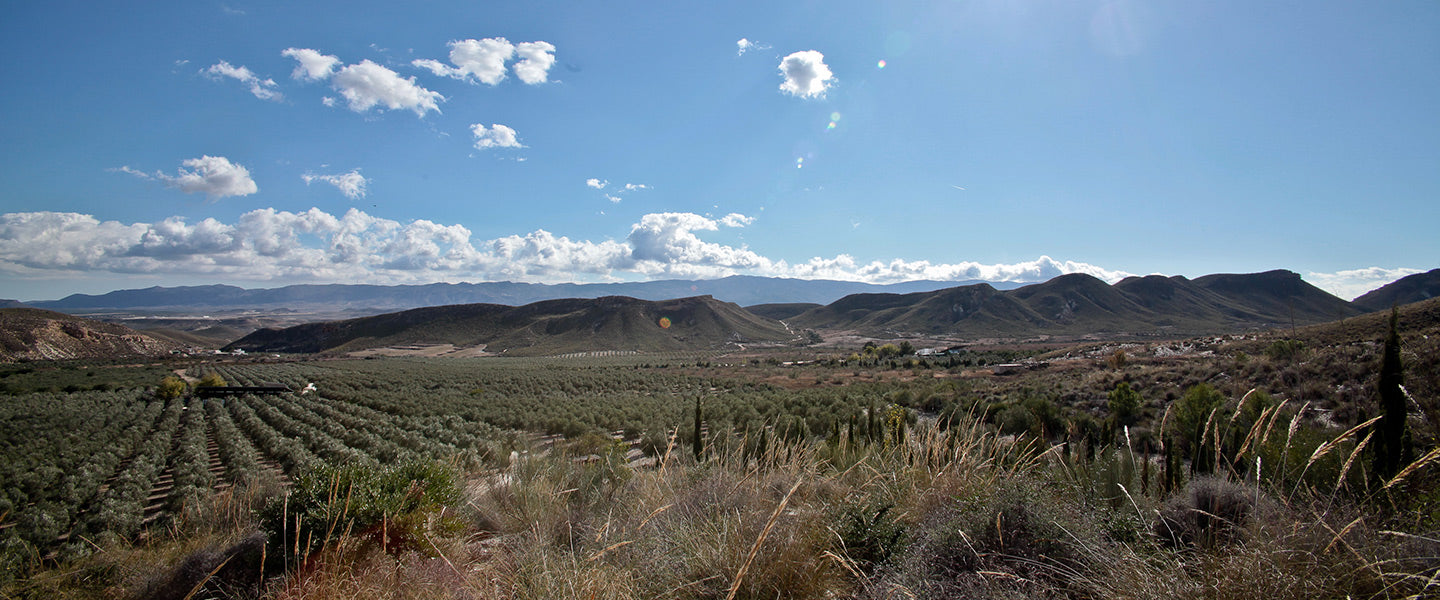
The desert climate influences not only the identity of the olives grown on the estate, but also the identity of the trees’ caretakers, the Alonsos.
Growing foods in the desert seems a near impossibility. Yet the Alonso family of Almeria province in southern Spain has spent the last century farming lands of the Tabernas Desert, famously known as the only desert in Europe. While the desert climate limits the production of their olive trees, the intense landscape contributes to their farm’s organic roots. The results are high-quality and uniquely regional olive oils: aromatic, well-balanced, and truly deserving of the name ‘Desert Gold.’
The Tabernas desert region may be better known for the spaghetti western film productions of Sergio Leone, or more recent productions, like Game of Thrones. Perhaps the region’s fame derives from the massive installation of greenhouses, so large it can be seen from space, that yields 50% of the fruit and vegetables grown yearly in the EU. And it is here, in the heart of Europe's driest area, that lies a secret treasure: Oro del Desierto's olive groves, which thrive in this microclimate of minimal rainfall and over 3,000 hours of sunshine.

"This is the treasure from many generations in the Mediterranean, a product from a fruit born in the sun of a dry land."
The four olive varieties grown on the estate represent the true taste of Spain: the light and fruity Arbequina; the smooth and mildly sweet Lechín; the medium-intense family favorite, Hojiblanca; and the robust and famously high phenolic Picual. While each monocultivar oil deserves and wins awards in its own right, the specially-crafted and multi-award winning Coupage represents the culmination of all the careful work performed at the farm. With the desert conditions testing the trees each year, they also test the Master Miller who is tasked with creating this perfect varietal blend year after year.
The climate influences not only the identity of the trees’ caretakers, but also the identity of the olives grown on the estate. As a result, the desert trees create oils with more intense flavors and levels of polyphenols. The unwavering heat also aids the health of the trees, while stable temperatures throughout the whole growing and ripening period lead to a remarkably consistent product. It is this consistency, alongside the family tradition of organic farming, that produces these exceptional and treasured oils.

"We think it’s a treasure to be in such an amazing landscape and produce a complex, fruity and fresh olive oil... something real that you can touch, taste and smell, something sturdy that you can offer to your customers to enjoy and that is good for them, for their health is the most satisfactory feeling for us."
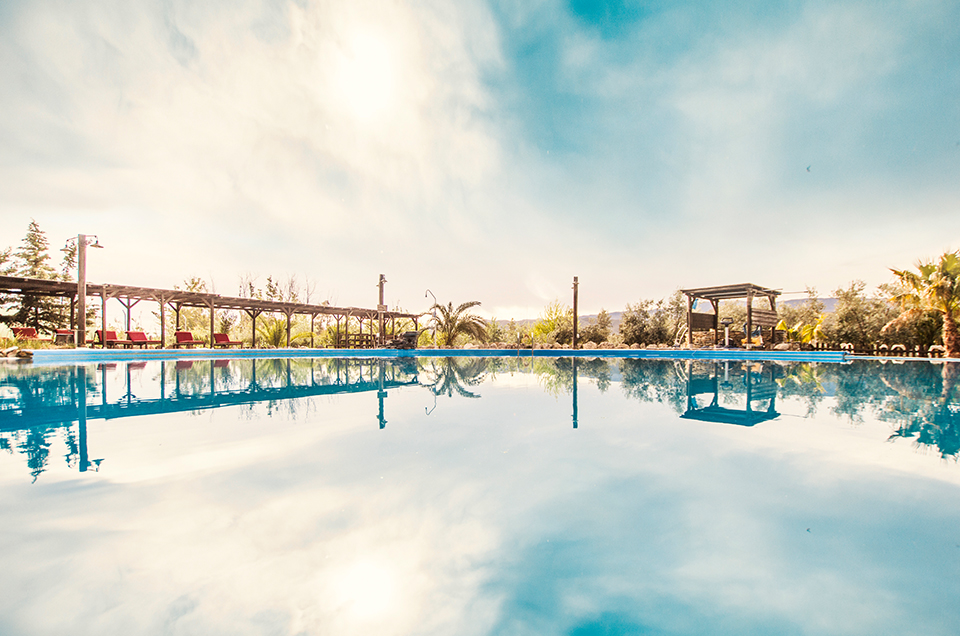
The Estate
A charming estate wholly integrated into the environment, Oro Del Desierto offers a number of options for the olive oil loving tourist. The property has several cottages for visitors and the restaurant, Los Albardinales, also includes an exhibition area housing relics from the old olive oil mill now restored to contain the restaurant space. In addition to olives, a variety of different foods grown or sourced from the farm serve as the source of the restaurant's main ingredients.
Built in the 1960's, the cottages were restored in a manner that respects traditional Andalusian architecture. Their bioclimatic features make each rustic cottage suited to the climate, and like the rest of the farm, the guest amenities all operate using environmentally sustainable practices. To heat both the mill and restaurant, the proprietors burn olive stones left over from oil production. Solar panels installed on the cottage roofs provide the energy for hot water, and the cottages use a modern system of condensation to stay cool in the summer. The natural pool available to guests stays clean through natural biological cycles, and the recycled water irrigates the surrounding gardens.
Through Las Albardinales, guests can book guided tours of the production plant and olive farm. The nearby A-92 highway provides easy access to the airport or Cabo de Gata beach, both within a 30 minute drive.
